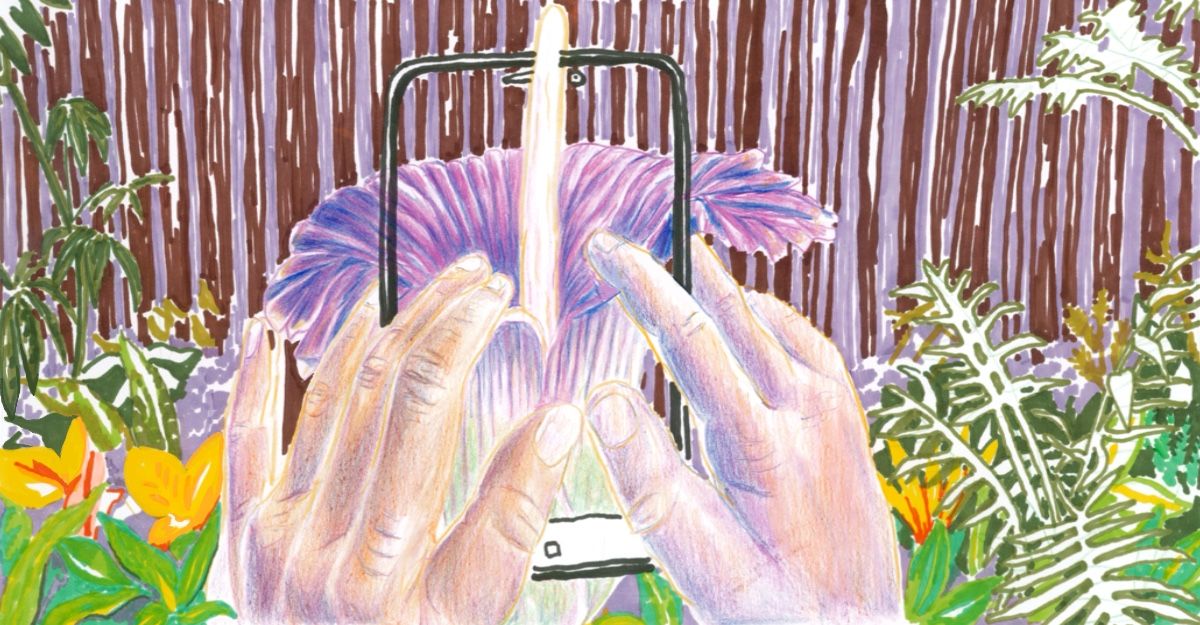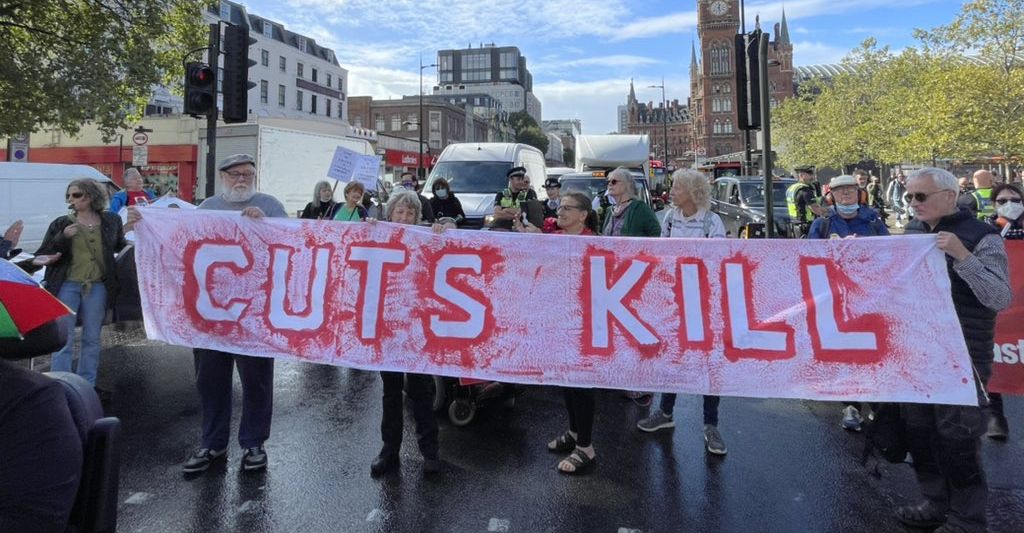Talking on the internet and talking in real life (IRL) have two different social contracts. What’s okay in one space often doesn’t fly in the other. Talking over people IRL is impolite, but typing at the same time as someone else in a group chat is perfectly fine. Sending a string of messages to a close friend is normal, but going to their work and tugging on their sleeve is not. But sometimes, those contracts operate in the same way. For example, walking away from someone mid-sentence is akin to leaving someone on ‘read’ – the height of rudeness!
This evolving relationship between text and the body is an obsession of mine, an obsession I can trace so clearly to losing my voice and finding it again online.
I lost my voice in my mid-teens after a brainstem aneurysm. While my string of doctors were preoccupied with my damaged nerves and uncooperative limbs, I was worried about my paralysed vocal cord and rapidly atrophying tongue. I couldn’t hold any air in my lungs or make the right shapes with my mouth to form words. For months, the most I could manage was a faltering hiss as I re-learnt how to walk, eat, hold a pen. Talking again was not the top medical priority. It was nightmarishly isolating.
When I was well enough, I would wheel myself down to the hospital cafeteria with a lapful of gold coins to use at the pay-per-minute public computers which, in the early 2000s, still felt hi-tech. Typing felt amazing. Being connected to people felt like teleporting out of myself. The internet was a space where I could talk again.
My recovery was long. A lot of things I loved doing I couldn’t do anymore. Instead, throughout these years, I developed a rich online life with friends all over the world. I could meticulously control what other people knew about me, and that gave me back some semblance of control. Myspace and Facebook were beginning to reshape how we communicated, and ubiquitous smartphones were just on the horizon.
I stayed up late posting across dozens of forums. I met my first boyfriend online, before ‘swipe right’ was in the dictionary. I discovered my sense of self through typing.
IRL, I was embarrassed by my barely-there voice. I’d try to make friends, or flirt, and find myself constantly dodging questions like: Can you speak up? Are you sick? What happened? I was so afraid people would treat me differently if they found out what had happened. The concept of ‘internalised misogyny’ was a hot topic, but I was battling internalised ableism, too. I would go home frustrated and think: On the internet, I can talk at the same volume as everyone else. On the internet, no one talks over me. On the internet, I don’t have to be in my body. On the internet, I can be myself.
I was swept up in cyber-utopianism and believed that the internet was a great and final equaliser that fundamentally favoured the oppressed by allowing everyone to have a say and be heard. This belief now seems hopelessly naive in the face of widespread internet censorship, surveillance, and identity-based harassment, but in the mid 2000s it still felt like a real possibility.
Cyber-utopianism relied on the idea that the internet was a space removed – removed from the bigotry and hatred the real word breeds, removed from the social hierarchies and prejudices of real-world society, removed from the class and access barrier of real-world infrastructure. The internet was thought of as a space where everyone existed as equals because it wasn’t IRL. There were no messy bodies, just clean text.
Talking used to take an exhausting amount of effort, leaving me breathless, but after years of work, my functional vocal cord has gradually strengthened, taking my voice from a hiss to hoarse to husky. I rarely get asked if I have laryngitis anymore. Yet, I still feel strangely voiceless when meeting people face to face. I still prefer to get to know people through text first. I still avoid noisy bars. I’m still furious if I’m spoken over. I came back to the real world through the internet where I was, for a long time, treated as an equal because I didn’t reveal any information about my real life. The inequality embedded in talking IRL still stuns me.
It’s only now that I have the choice to talk online or IRL that I realise how much my experience of voicelessness isn’t because of my soft voice, but rather because of my gender, my disability, and my age – identities for which being talked over, dehumanised, and dismissed is often the status quo. Feeling voiceless is more than a metaphor for what it’s like to be a woman, or to be disabled. It is the very real condition of participating in a culture that systemically silences minorities from an interpersonal level all the way up to policy.
How much of my love for the internet is based on the fact that I could erase these markers at will? How much of ‘being myself online’ has relied on self-censoring? I now recognise that what I gained online is, from another angle, a kind of loss. The internet used to feel so uncomplicated because I could ignore the parts of myself that were complex.
It’s impossibly hard to be a woman full-time, to be disabled full-time, and I continue to feel grateful that when I go online, I am in control of what I divulge (or don’t) about myself. But, as the internet and the real world converge more and more, this level of control is increasingly out of my hands. The separation between body and text is no longer an option. The internet is not removed from the real world anymore. The social contracts have converged. Harassing people online can get you fired. Threatening people online can get you arrested. Leaving people on read can lose you friends.
The promise of cyber-utopianism depended on leaving my identity at the border – a border I no longer believe exists. The utopia has failed – and rightly so, because it was never the space it promised to be. But, in its place, we get to witness the evolution of the relationship between text and body. They are entangled like never before. Online is IRL. And those who continue to treat it otherwise drag it further and further away from the people who need it in order to be heard.






